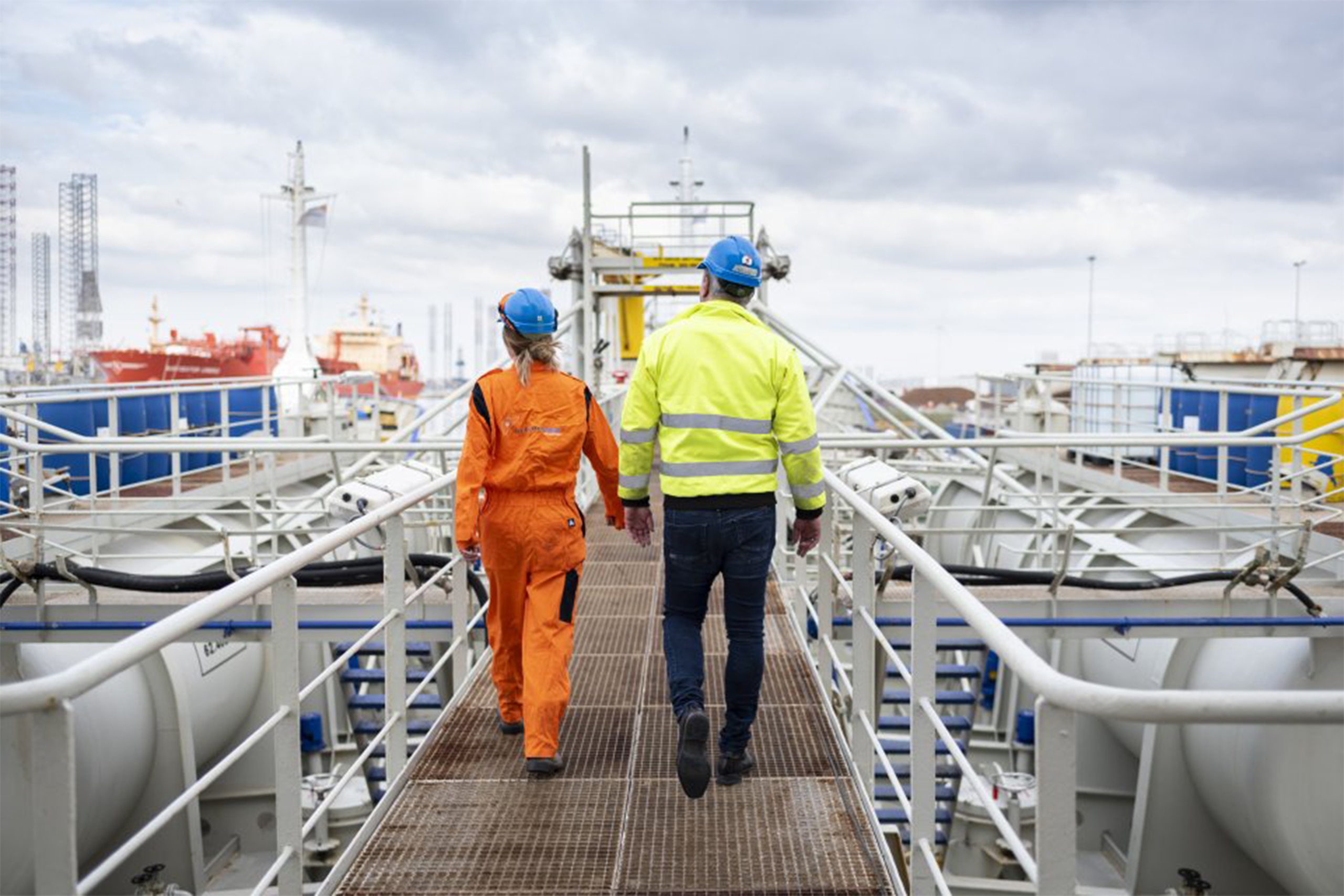From September 1 to November 30, 2025, the authorities under the Tokyo MoU and the Paris MoU on Port State Control will launch a joint Concentrated Inspection Campaign (CIC) focusing on Ballast Water Management (BWM).
The aim of this campaign is to verify that vessels are fully compliant with the requirements of the International Convention for the Control and Management of Ships’ Ballast Water and Sediments (BWM Convention), and to ensure consistent and effective enforcement across the global maritime industry.
To help shipowners and crews prepare, we have summarized the key questions and answers below.
FAQ – Ballast Water Management CIC
1. What is the purpose of the 2025 CIC on Ballast Water Management?
The campaign is designed to verify that ships comply with the mandatory provisions of the BWM Convention, including certification, documentation, operational readiness, and crew awareness.
2. Who is organizing the campaign?
The joint CIC is organized by the member authorities of the Tokyo MoU and the Paris MoU on Port State Control.
3. When will the inspections take place?
The CIC will run from September 1 to November 30, 2025. Each vessel will be inspected only once during this period, based on a predefined questionnaire.
4. Which areas will be checked during inspections?
Port State Control officers will verify the following:
- Valid International Ballast Water Management Certificate (IBWMC)
- Approved and updated Ballast Water Management Plan (BWMP)
- Crew familiarization and training records
- Operational status of the approved BWMS
- Ballast Water Record Book (BWRB) entries
- Sediment management practices
- Exemption certificates (if applicable)
5. What documents are required to demonstrate compliance?
- International Ballast Water Management Certificate (IBWMC)
- Ballast Water Management Plan (BWMP)
- Ballast Water Record Book (BWRB)
- Type Approval Certificate for the BWMS
- Crew training and familiarization records
- Sediment management records
- Exemption certificates (if applicable)
6. How will non-compliance be handled?
- Minor deficiencies (e.g., incomplete records) will require corrective action within a set timeframe.
- Serious deficiencies (e.g., missing certificates, inoperable BWMS, or untrained crew) may result in vessel detention or restrictions on ballast water discharge.
7. Will a ship be inspected more than once?
No. Each vessel will undergo only one inspection under the 2025 CIC.
8. Where will the results be published?
After the campaign ends, the consolidated results will be released by the Tokyo MoU and Paris MoU Secretariats. The report will provide statistics on inspections, common deficiencies, detention rates, and overall compliance levels.
Chief Industry Limited – Your Partner for BWMS Compliance
Chief Industry Limited is committed to helping shipowners stay compliant and fully prepared for the upcoming CIC. Our team of multi-brand technicians provides tailored services to ensure your BWMS is safe, compliant, and ready for inspection:
- VGP Water Testing – to verify that ballast water discharges meet mandatory standards
- Annual Calibration & Certification – keeping systems aligned with operational and class requirements
- Crew Training & Familiarization – preparing crew to demonstrate compliance during PSC inspections
- BWMS Maintenance & Troubleshooting – multi-brand expertise to keep systems operational worldwide
Wherever your vessel sails, Chief Industry Limited ensures your BWMS remains inspection-ready and compliant.

